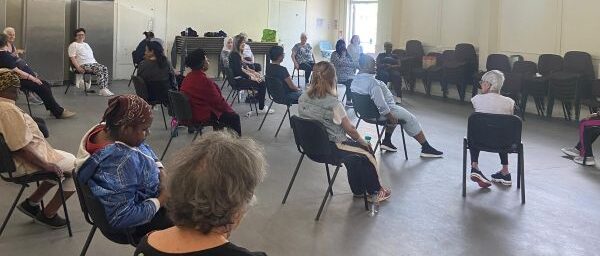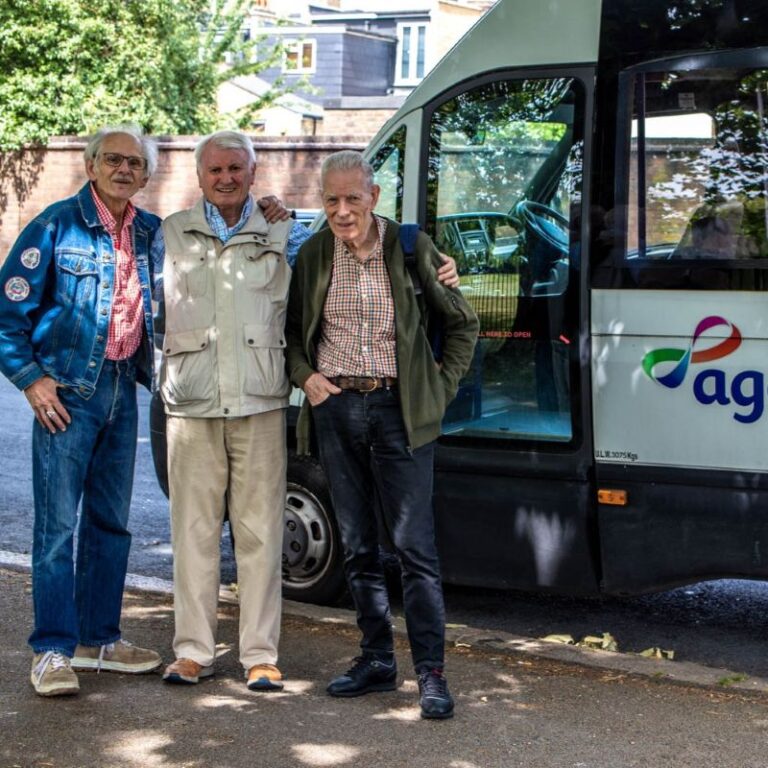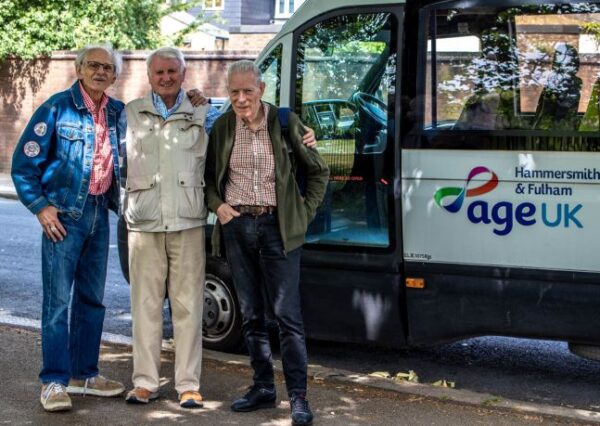Inspiring women: Clare Morris
"I've gone after things if I really believe in them and am tenacious in that respect."
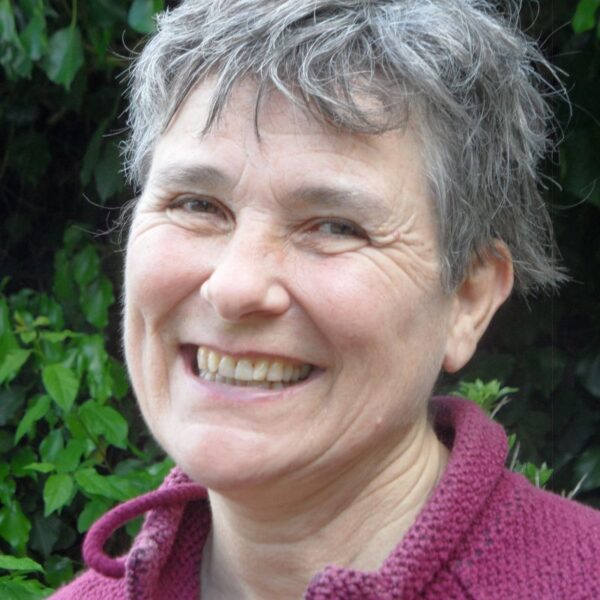 In honour of International Women’s Day, we’re spotlighting some of Hammersmith’s most inspirational community leaders. In the hotseat today is Clare Morris, co-founder of dementia charity For Brian.
In honour of International Women’s Day, we’re spotlighting some of Hammersmith’s most inspirational community leaders. In the hotseat today is Clare Morris, co-founder of dementia charity For Brian.
How are you making a difference in your community?
I’ve always worked to extend the boundaries of dementia care. When you’re working with people with dementia, you need flexibility, you need to think outside the box, and you need to provide continuity and familiarity.
My focus is on creating a real community of people who can choose activities that suit them, dip in and out as they choose, and feel that they belong. For Brian complements traditional streamlined services and enables people with dementia to live independently for longer.
What barriers, if any, have you faced as a woman in your career?
I’ve always had high expectations for myself but have sometimes struggled to meet them in a corporate setting. I’ve gone after things if I really believe in them and am tenacious in that respect, but I’ve learnt to plant seeds and let them grow. It is less stressful! The older I get, the more I recognise paternalism in society and how that might have contributed to challenges over the years.
I remember when I was working as a speech therapist, there was a restructuring of grading and pay for speech therapists. The woman in charge of doing so downgraded my pay band, doing what was expected of her. Was that because I was a woman? I don’t know, but I do know that speech therapy was mainly a woman’s profession. The union rep, a man, achieved a good outcome for my colleagues and I, to get us upgraded, or should I say recognised and valued. Unions had more influence then.
These days, working in co-production with people with lived experience, and working for myself, seems to side-step gender inequality, but perhaps that’s easier at my age?
What do you think needs to happen to achieve wider gender equity?
I think it’s important to talk about it, to get it out on the table. Things are much better than they were in the 70s, 80s and 90s. Men aren’t as paternalistic, but there are still issues, so education is still needed.
A high expectation of yourself, belief in yourself and belief in what you are doing are vital, but you also need to learn to communicate that. You never stop learning.
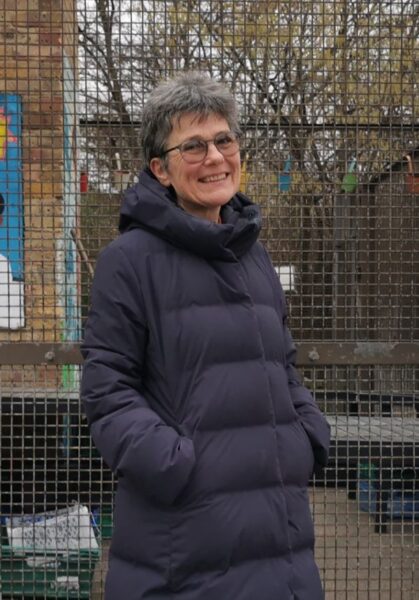 Which other female community leaders are you inspired by?
Which other female community leaders are you inspired by?
For me, it’s the people who will go out of their way for you, and who you have a spark with. Sharon Tomlin, for example, has been incredibly supportive and we share an understanding of working in the community. We have good conversations and share feedback that moves us forward. It is always a pleasure.
Another woman who has stuck by me is Margaret Adjaye, who teaches at Roehampton University Business School. We were put in touch by the London Community Foundation, so she could support me to develop my business skills. Margaret is so good at all the things that I’m not good at! I’ve learned so much from her; she’s helped me to become more of a businesswoman yet retain the ethos of heading a sustainable organisation that is guided by members with lived experience.
I’m also inspired by our new director, Carol Sargant. She lives in Loughborough but used to work in pharmacology and her father had dementia, which prompted a change in career. She is skilled in setting up co-operatives, and shares our vision of enabling people with dementia to improve their quality of life through travel.
And there’s Elise Brown, who set up Mama Haven and is upskilling young women to become leaders and to expect a decent salary. A successful professional woman, she encourages aspiration in other women.
For Brian
For Brian’s vision is to ‘cultivate a society where dementia inclusivity thrives, ensuring equal access and opportunities for all individuals to actively engage and derive wellbeing from their community.’
The social enterprise is working to tackle the challenges faced by people who have dementia and connects people with activities to improve their wellbeing. As one client says, “I have attended art therapy, a day at the Royal College of Art, street parties, technology classes and cycling … It’s the place I go for support and help, and they are always there for me … They change lives.”
You can find out more about For Brian at www.forbrian.co

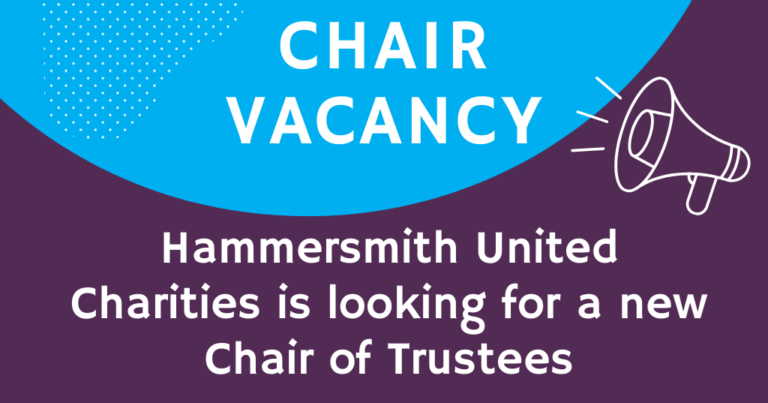
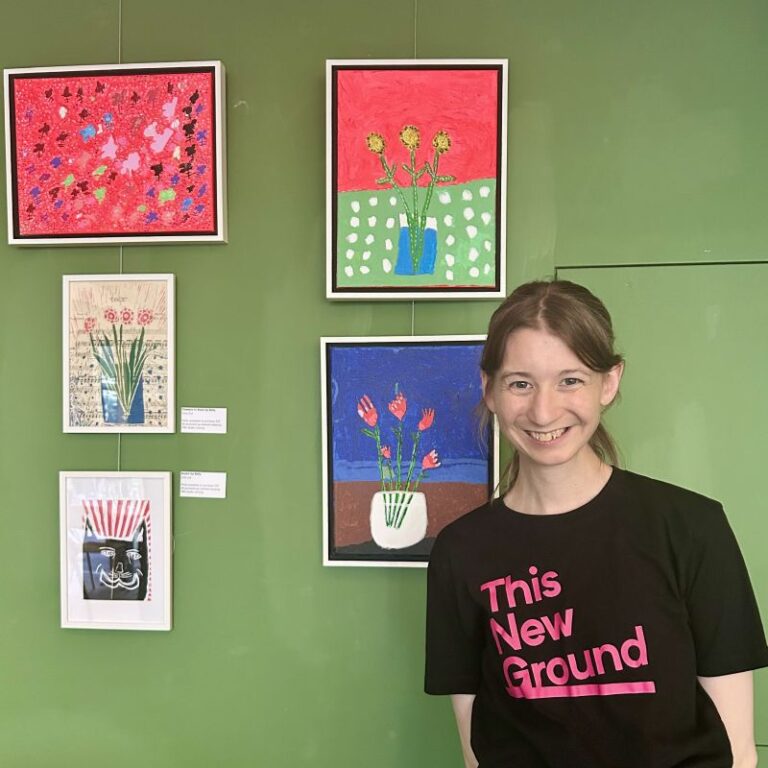
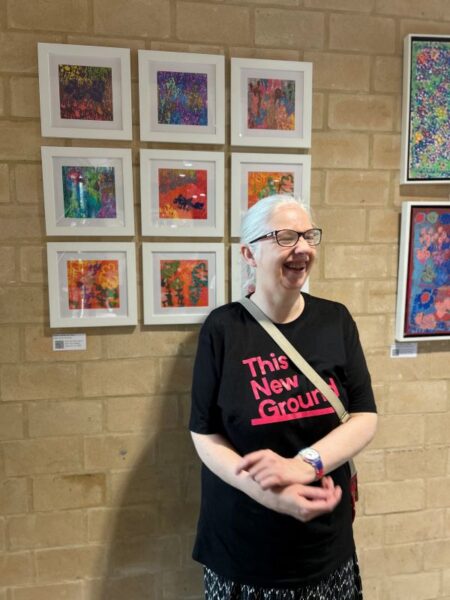

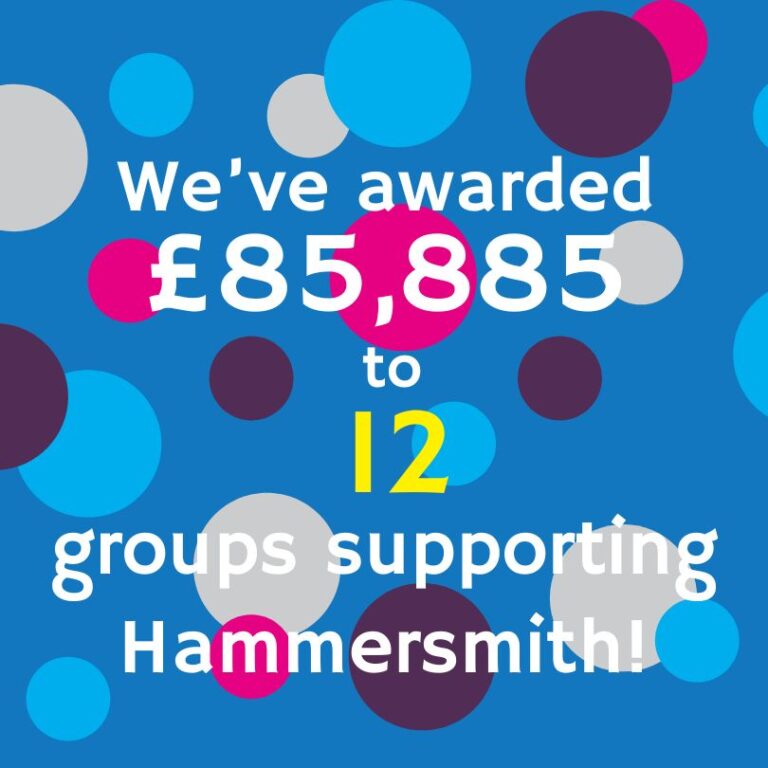
 John Betts Primary School: £12,200
John Betts Primary School: £12,200
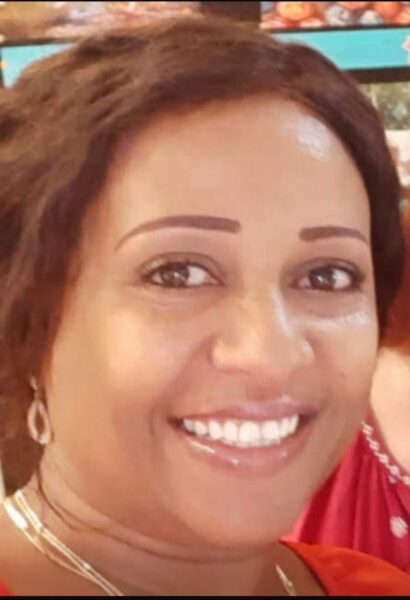 To address these barriers, Hanna partnered with two other women to set up
To address these barriers, Hanna partnered with two other women to set up 